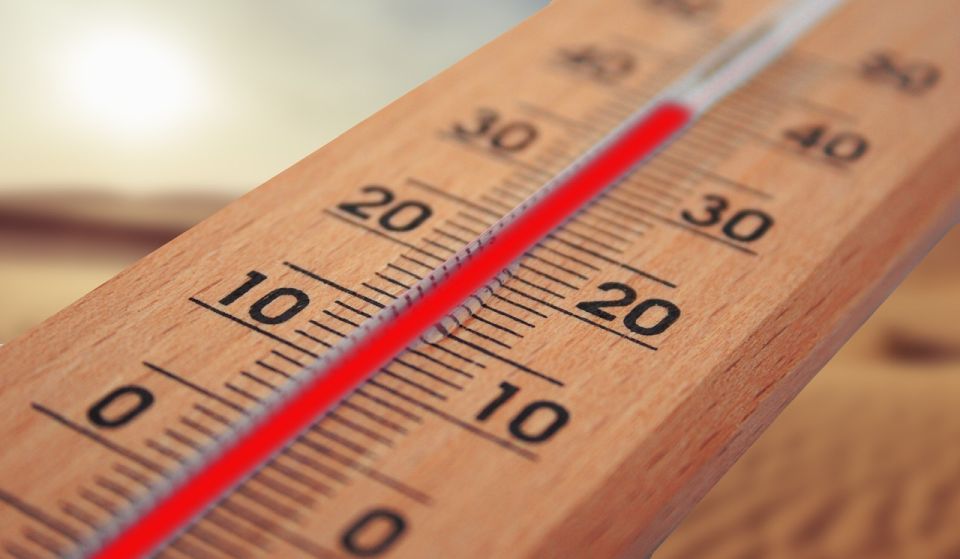Romania – the effects of the heat wave
The weather remains hot in Romania. Traffic restrictions were introduced on the roads. And rail traffic was affected.

Mihai Pelin, 15.07.2024, 14:00
Romania continues to be under the influence of a tropical air mass. By Wednesday, maximum temperatures of up to 42 degrees Celsius are expected in the shade. Moreover, the minimum temperatures will also be very high and will not drop below 20 degrees C. As of Thursday, temperatures will drop, but then the weather will change, the National Meteorological Administration says. There will be torrential downpours, electrical discharges, isolated hail, more significant amounts of water in all regions. The thermal discomfort will continue to be accentuated, this time against the background of the higher level of humidity.
Due to the extremely high temperatures, tonnage restrictions were introduced on national roads, expressways and highways across Romania. Until Wednesday, vehicles with an authorized weight of more than 12 tons will not be allowed in the traffic. On some road sectors, even cars over 7 and a half tons were not allowed in traffic, and the drivers were dissatisfied. Railway traffic was also affected. Trains run at a lower speed of 20-30 kilometers per hour due to high temperatures on the tracks, and because of this many arrive late at the destination.
The heatwave also affects the health of the population, especially children, the elderly and people with disabilities or chronic diseases. On the streets with hot asphalt and among the buildings radiating heat, even the healthiest body can fail. Without proper hydration, which keeps the body temperature around 37 degrees Celsius, heat cramps, heatstroke, exhaustion or hyperthermia shock can occur, doctors say. In many cities, the authorities have installed first aid points for those who need to leave the house.
Throughout the country, the number of calls to the ambulance service has increased in recent days. The heatwave and drought left thousands of households without drinking water. In some localities, water is distributed according to a well-established schedule, and mayors appeal to the population to consume water responsibly, avoiding watering vegetables or filling swimming pools. To cope with the sweltering temperatures of recent weeks, more and more people are using air conditioners. To cool the temperature in the room and maintain it, the air conditioners must run between 4 and 7 hours a day, which leads to considerably higher electricity bills during this period.
In the context in which electricity consumption has increased a lot, the authorities warn that there is a risk of power outages. In addition, several fluctuations were recorded in different areas of the country, because the electricity grid is overheating. Experts say that such events will become much more frequent in the coming years due to climate warming. Besides Romania, the extremely strong heatwave is currently affecting several countries in South-Eastern Europe. High temperatures were recorded in Athens, Skopje, Belgrade, Sofia, Zagreb, Budapest and Istanbul. (LS)






























